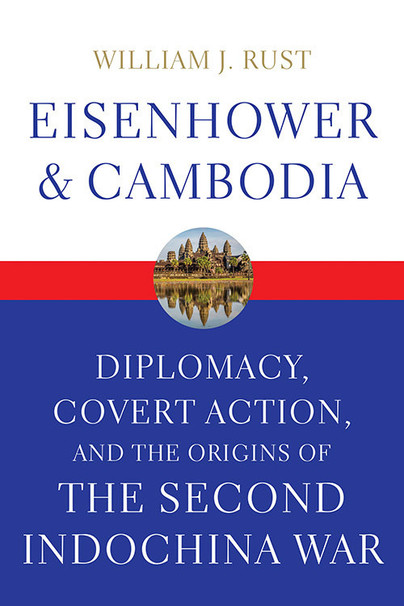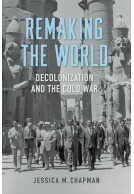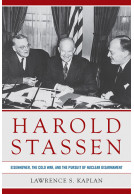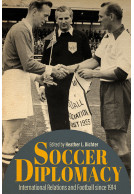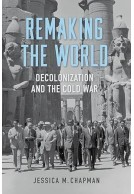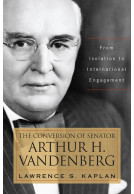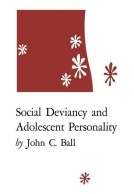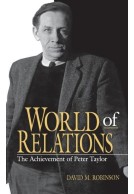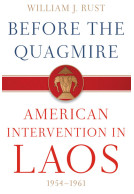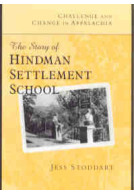Eisenhower and Cambodia (Hardback)
Diplomacy, Covert Action, and the Origins of the Second Indochina War
Imprint: University Press of Kentucky
Series: Studies in Conflict, Diplomacy, and Peace
Pages: 374
Illustrations: 22 b&w photos, 1 map
ISBN: 9780813167428
Published: 10th June 2016
Script Academic & Professional
Series: Studies in Conflict, Diplomacy, and Peace
Pages: 374
Illustrations: 22 b&w photos, 1 map
ISBN: 9780813167428
Published: 10th June 2016
Script Academic & Professional
This book will be reprinted and your order will be released in due course.
You'll be £36.00 closer to your next £10.00 credit when you purchase Eisenhower and Cambodia. What's this?
+£4.99 UK Delivery or free UK delivery if order is over £40
(click here for international delivery rates)
Order within the next 49 minutes to get your order processed the next working day!
Need a currency converter? Check XE.com for live rates
(click here for international delivery rates)
Order within the next 49 minutes to get your order processed the next working day!
Need a currency converter? Check XE.com for live rates
Although most Americans paid little attention to Cambodia during Dwight D. Eisenhower's presidency, the nation's proximity to China and the global ideological struggle with the Soviet Union guaranteed US vigilance throughout Southeast Asia. Cambodia's leader, Norodom Sihanouk, refused to take sides in the Cold War, a policy that disturbed US officials. From 1953 to 1961, his government avoided the political and military crises of neighboring Laos and South Vietnam. However, relations between Cambodia and the United States suffered a blow in 1959 when Sihanouk discovered CIA involvement in a plot to overthrow him. The coup, supported by South Vietnam and Thailand, was a failure that succeeded only in increasing Sihanouk's power and prestige, presenting new foreign policy challenges in the region.
In Eisenhower and Cambodia, William J. Rust examines the United States' efforts to lure Cambodia from neutrality to alliance. He conclusively demonstrates that, as with Laos in 1958 and 1960, covert intervention in the internal political affairs of neutral Cambodia proved to be a counterproductive tactic for advancing the United States' anticommunist goals. Drawing on recently declassified sources, Rust skillfully traces the impact of "plausible deniability" on the formulation and execution of foreign policy. His meticulous study not only reveals a neglected chapter in Cold War history but also illuminates the intellectual and political origins of US strategy in Vietnam and the often-hidden influence of intelligence operations in foreign affairs.
Other titles in the series...
Other titles in University Press of Kentucky...







